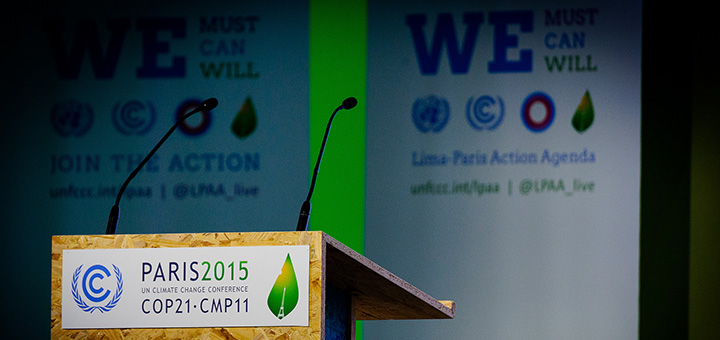The world’s top consumer goods companies are innovating quickly to keep up with changing consumer preferences for plant-based products and less packaging, finds a new CDP report.
Danone, Nestlé, Unilever and L’Oréal all stand out in the latest CDP report, which ranks 16 of the largest companies in the Food and Beverage sub-sector as well as the Household and Personal Care sector for on their business readiness for a low carbon transition. The laggards: Kraft Heinz and Estée Lauder.
According to CDP, the consumer goods sector is particularly exposed to changes in consumer preferences given its proximity to consumers, presenting both challenges but also opportunities to drive behaviour change.
This can be seen in the recent drive to develop vegan and organic product ranges: five out of the seven food and drinks companies that once only offered dairy or meat-based products are now offering new began alternatives.
A similar trend can be seen among household and personal care companies, with six out of seven of the companies, including L’Oréal, replacing petrochemicals with natural, biodegradable ingredients. Unilever is among four companies that have even developed vegan personal care product ranges.
Consumer activism against plastic packaging is also forcing companies to rethink their business models around waste. Around 60 per cent of the companies assessed are now investing in biodegradable plastic and recycling infrastructure. According to CDP, Danone stands out as a leader circular, zero-waste innovations.
Despite these improvements, some of the biggest companies are failing to deliver low carbon innovations. While some are responding by acquiring smaller, sustainable brands, such as Nestlé’s recent acquisition of Sweet Earth, CDP argues that this approach will not be sustainable if their fundamental business models remain unchanged.
The sector is also particularly vulnerable to upcoming regulations tightening the rules on packaging and waste, as well as the physical risks associated with climate change. For example, food companies that rely on a variety of raw materials and personal and home care companies that require large amounts of water for their products will be particularly hard hit by heat stress, water scarcity and deforestation if they fail to diversify and innovate.
Image credit: Toa Heftiba via Unsplash











